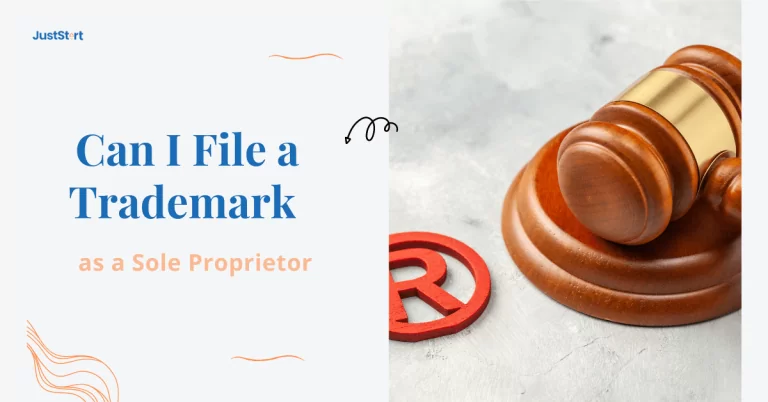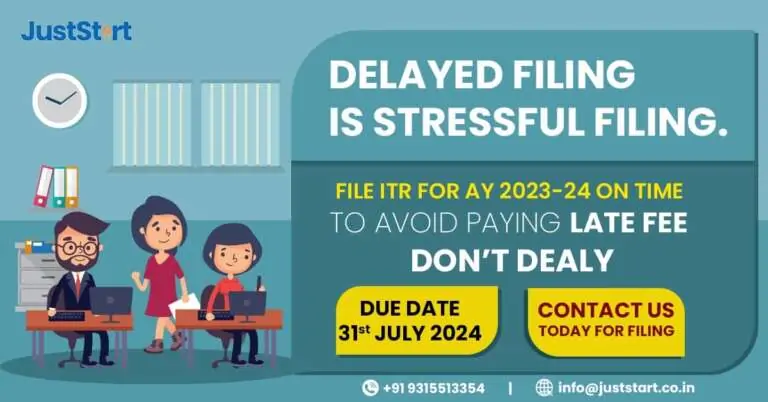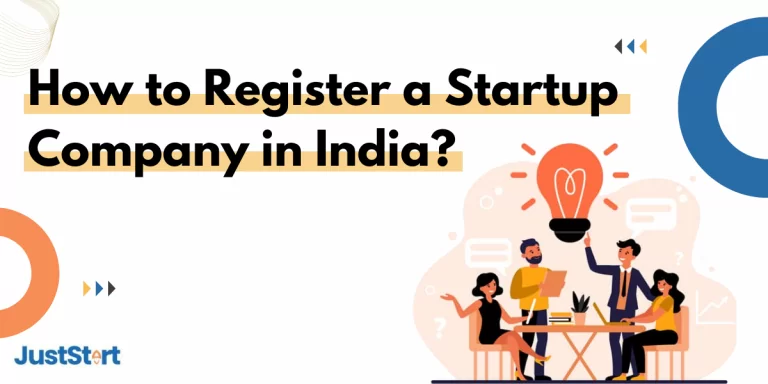Imagine that you have invented a product that helps a great amount of people and now you are running a successful business by selling it to people. But as you were busy making big bucks, someone with malicious intent copied your product idea and started selling it to people with their own branding.
In this case, if you have a registered trademark to protect your product and company, you will be safe and the copycat will be liable to face the consequences.
But if you don’t have a trademark registered, then you will be in big trouble. In this blog, we will dive into the world of trademarks. We will discuss what a trademark objection is and how it is different from a trademark opposition.
Table of Contents
ToggleWhat is A Trademark?
A trademark is a legally registered symbol, word, or phrase that represents a company or product and distinguishes it from others in the market. Trademarks are used to protect the brand identity and intellectual property of a company, and to prevent others from using similar logos or slogans that could cause confusion among consumers. Trademarks can be registered with the government to provide legal protection and enforceable rights.
Significance of a Trademark in India
In India, trademarks are governed by the Trade Marks Act of 1999 and the Trade Marks Rules of 2002. Trademarks in India are registered by the Indian Trade Marks Office, which is part of the Office of the Controller General of Patents, Designs and Trademarks. The registration process includes a search for existing trademarks, examination of the application, and publication of the trademark in the Trade Marks Journal. Once granted, a trademark registration in India is valid for ten years and can be renewed indefinitely. The purpose of trademark registration in India is to provide legal protection and exclusive rights to the use of a trademark in relation to the goods and services for which it is registered.
What is Trademark Objection in India?
Trademark objection in India is a formal process by which a third party can raise objections to a trademark application that has been filed with the Indian Trade Marks Office. Objections may be raised for various reasons, such as similarity with an existing trademark, descriptiveness, or non-compliance with the provisions of the Trade Marks Act. The trademark objection process involves the submission of written evidence by the objector and a reply by the applicant.
The Trade Marks Office will then review the evidence and make a decision on the trademark application. If the objections are upheld, the trademark application may be rejected or the scope of protection granted may be limited. If the objections are rejected, the trademark application will proceed to registration. The trademark objection can be countered with the help of a team of legal consultants. If a company receives an objection during the registration of their trademark, a team of legal experts can help them through a reply to the trademark objection.
What is Trademark Opposition in India?
Trademark opposition in India is a legal process by which a person or entity can challenge the registration of a trademark that has been published in the Trade Marks Journal. The opposition is filed before the Indian Trade Marks Office by a person or entity who believes that the trademark registration is likely to cause confusion with an existing trademark or is otherwise in violation of the provisions of the Trade Marks Act.
During the opposition process, the opposing party must provide evidence and arguments supporting their objections, and the trademark applicant has an opportunity to respond. The Trade Marks Office will then review the evidence and make a decision on the trademark application. If the opposition is successful, the trademark registration will be rejected or modified. If the opposition is unsuccessful, the trademark will proceed to registration. The trademark opposition process is an important aspect of the trademark registration process, as it helps to ensure that only unique and distinct trademarks are granted legal protection.
Trademark Objection Vs Trademark Opposition in India
In India, trademark objection and trademark opposition are two distinct processes related to the examination and registration of trademarks.
Trademark Objection: A trademark objection is raised by the examiner of the Indian Trade Marks Office during the examination of a trademark application. The examiner may raise objections to the trademark if it is similar to an existing trademark, is descriptive, or does not comply with the provisions of the Trade Marks Act. The applicant then has an opportunity to respond to the objections and provide evidence to support their trademark application. If you wish to file a trademark objection reply, reach out to JustStart’s legal experts.
Trademark Opposition: A trademark opposition is a legal challenge to a trademark that has been published in the Trade Marks Journal and is filed by a person or entity who believes that the trademark registration is likely to cause confusion with an existing trademark or is otherwise in violation of the provisions of the Trade Marks Act. The opposing party must provide evidence and arguments to support their opposition, and the trademark applicant has an opportunity to respond. If you wish to oppose a trademark, JustStart’s Trademark Opposition Consultant Service will help you immensely.
Key Takeaways
To conclude, while trademark objections are raised by the examiner during the examination of a trademark application, trademark oppositions are filed by third parties after the trademark has been published in the Trade Marks Journal. Both processes play an important role in ensuring that only unique and distinct trademarks are granted legal protection in India.








